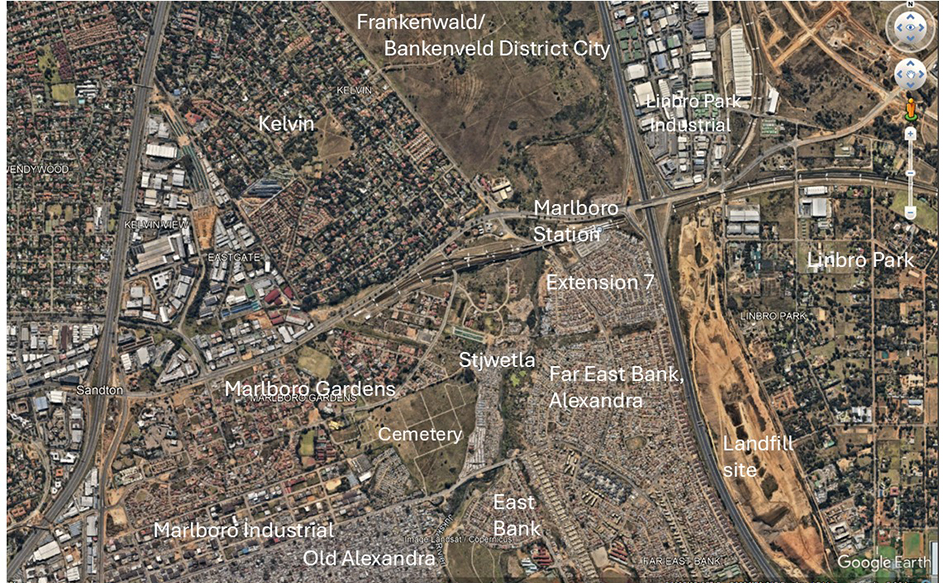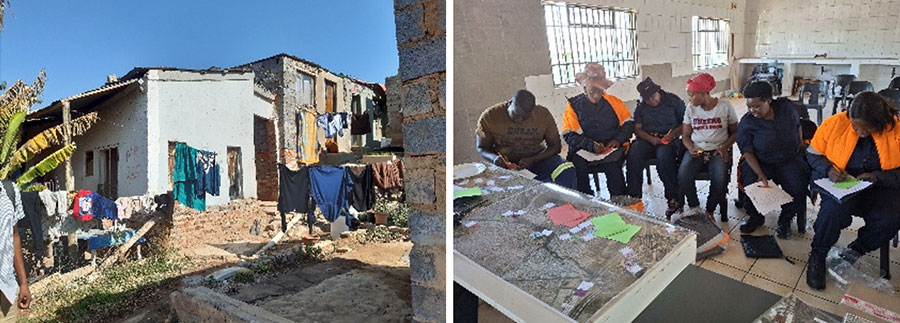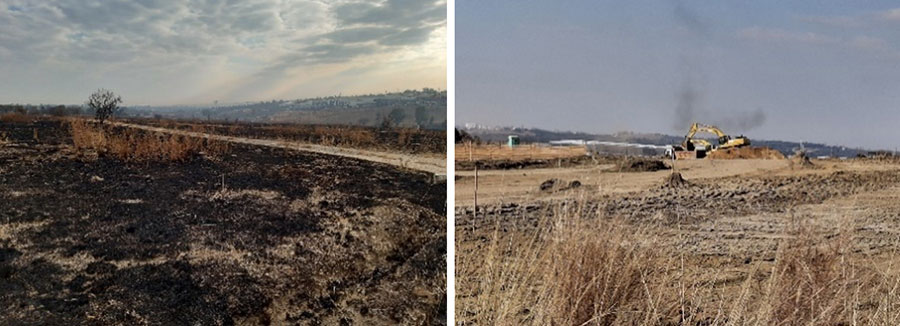The City Studio involves a collective of staff and students across Architecture, Planning, Urban Design, Urban Studies and related fields including geography and governance, that has built a relationship with local actors and organisations within the City Studio area in the hope that we could learn from one another and make a lasting contribution. In a selection of undergraduate and postgraduate courses, students are exposed to real life themes in the City Studio area through fieldtrips, transect walks, studio projects. A deeper level of engagement with the area occurs through collective field mapping, design-build initiatives, supervised undergraduate and postgraduate research and postdoctoral study.
The area, in particular the Jukskei River with related challenges such as wastewater management, flooding and relocation, has attracted university researchers over the past decade and more, providing a valuable knowledge base of the shifting socio-spatial environment. The City Studio builds on these studies and, through empirical engagement, draws extensively on local knowledge. The City Studio is also attempting to create an archive of this knowledge that will be accessible to the local community.
Through collaboration with the Gautrain Management Authority, the City Studio uses the Marlboro Station parking area, a venue that is easily accessible to local residents and actors, as a space for workshops and discussions. Through these engagements, we initially sought to support students, local communities and actors at various levels to realize an innovative, realistic and transformative vision for the diverse areas surrounding the Marlboro Station. As our understanding of the area and its complex dynamics deepens, we have become more attuned to the challenges local actors navigate and have become more measured in what we believe the City Studio may achieve.
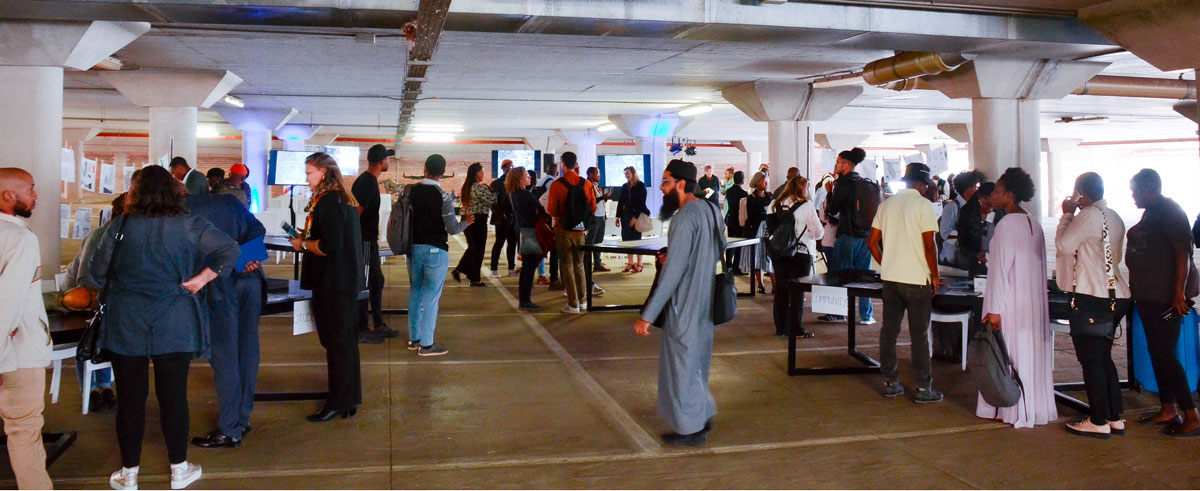
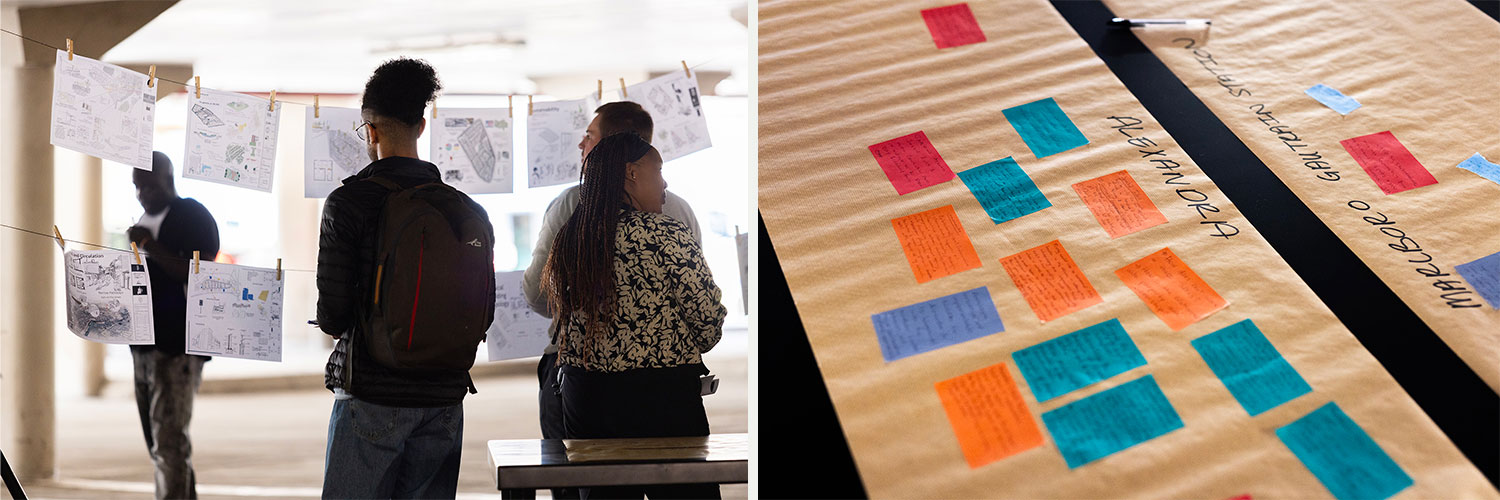
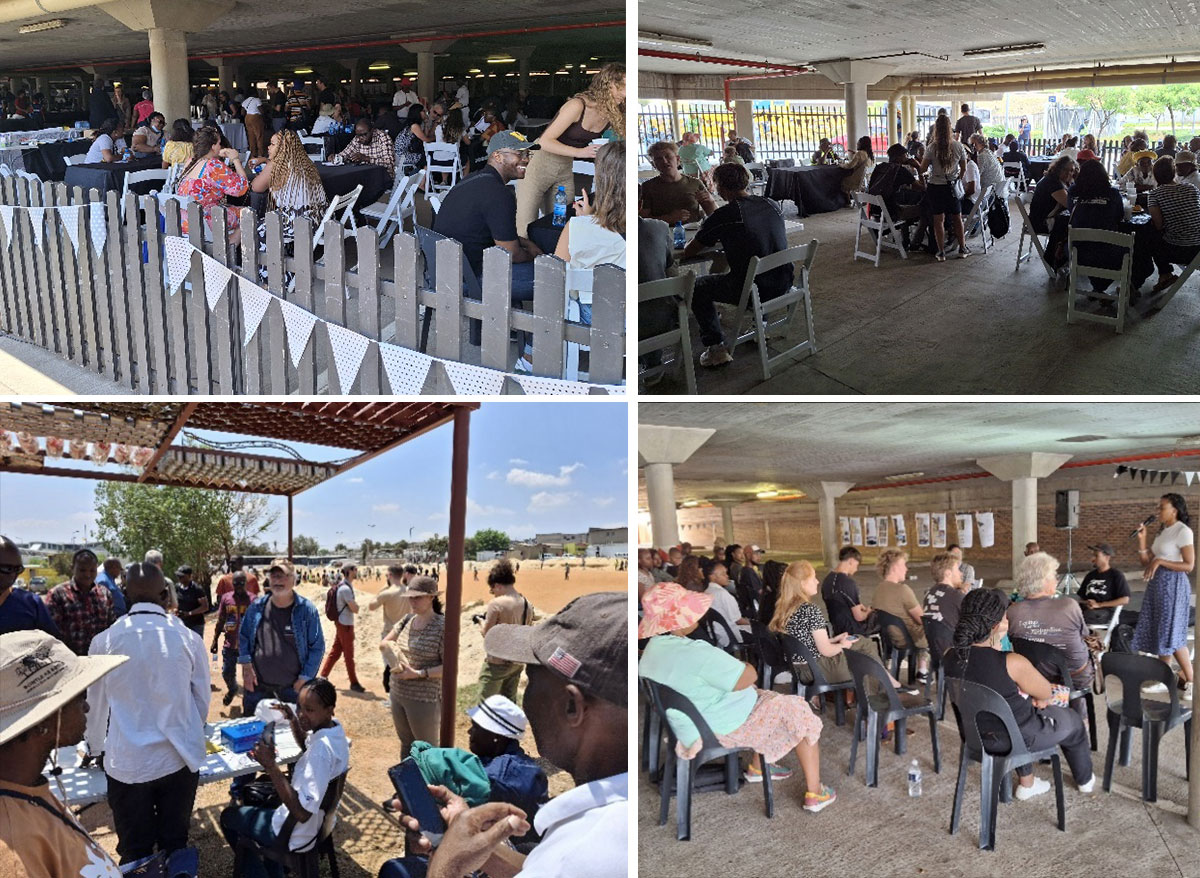
To facilitate the initiatives mentioned above, we have relied on a variety of funding sources, mainly within Wits University. Our attempts to tailor the City Studio to large donor’s interests were not successful. In the absence of a large grant on which to deliver, the City Studio has evolved in a far more flexible and agile way than anticipated. Small funding opportunities, though administratively onerous, have allowed us to follow evolving suggestions from within local, community-based organisations. Through a partnership with the South African Cities Network, we were able to assist the Stjwetla community with gazebo-type shelters that the Stjwetla patrollers use during night patrols. The process of creating the shelters, which included a workshop with architecture and planning students alongside local artisans, is documented through a report and video clip.



